Artist: Einstürzende Neubauten Album: Kollaps
Year: 1981Duration: 0:0-1
Exploring the Experimental: A Critical Review of Einstürzende Neubauten's Kollaps
For lovers of avant-garde music and experimental sounds, Einstürzende Neubauten's Kollaps is a timeless classic. As one of the earliest examples of industrial music, the album helped to establish this genre as a respected and challenging form of modern music. In this review, we will delve into the history of the band, discuss the music genre of the album, highlight the best tracks, and offer a critique of Einstürzende Neubauten's Kollaps.
Einstürzende Neubauten was formed in 1980 in West Berlin, Germany. The band, whose name translates to Collapsing New Buildings, began as a group of punk musicians who were interested in exploring new sounds and approaches to music-making. Their early work featured unconventional instruments such as scrap metal and power tools, creating a unique, industrial sound that was entirely their own. When they released Kollaps in 1981, it instantly established them as one of the most innovative and boundary-pushing bands of their time.
Kollaps features eleven tracks that are an assault on the senses in the best possible way. The album opens with Tanz Debil, a fast-paced track that sets the tone for the rest of the album. Steh auf Berlin is a standout track, with its driving rhythm section and eerie synths creating an ominous soundscape. Negativ Nein is a captivating track that showcases the band's ability to manipulate sound and texture, with percussive elements building towards a crescendo. The album ends with Kollaps, a haunting and melancholic track that feels like a fitting conclusion to this incredible musical journey.
As a genre, industrial music is characterized by its use of unconventional instrumentation and harsh, abrasive sounds. Einstürzende Neubauten's Kollaps is a perfect example of this, with the band utilizing everything from metal pipes to chainsaws to create their unique sound. What sets Kollaps apart, however, is the band's ability to use sounds in a way that is both challenging and beautiful. The noise elements of the album are juxtaposed with delicate melodies and intricate rhythms, creating a cohesive and exciting listening experience.
Innovative moments on Kollaps include the aforementioned use of unconventional instrumentation, as well as the band's incorporation of found sounds and field recordings. The use of various industrial objects creates a feeling of chaos and unpredictability, while the field recordings bring a sense of place and texture to the music. Additionally, the album features well-crafted lyrics that explore themes such as alienation, violence, and urban decay. The use of both German and English lyrics adds to the international feel of the album, and the band's decision to sing in their native language helps to ground the music in a specific time and place.
Finally, let's address the criticisms of Kollaps. Some may argue that the album is too abrasive and challenging for many listeners, with its use of harsh noise and unconventional instrumentation. Others may argue that the album lacks cohesion, with the various tracks feeling disjointed and disconnected. However, these criticisms can also be seen as strengths of the album - it is a challenging listen, but one that rewards careful attention and deep listening. The album's lack of cohesion only adds to its sense of unpredictability and danger, with each track feeling like a new adventure.
In conclusion, Einstürzende Neubauten's Kollaps remains a seminal work of experimental music, pushing boundaries and challenging the listener in equal measure. Its use of unconventional instrumentation, found sounds, and field recordings, as well as its well-crafted lyrics and cohesive international feel, make it a standout example of the industrial genre. While it may not be for everyone, those who are willing to give it a chance will be rewarded with a truly unique musical experience that continues to influence and inspire musicians to this day.
Other #Dark music albums:
SIMILAR BANDS
balls, from 1 to 5, describe similarity between the two bands
SOMETHING NEW? LISTEN TO RADIOGENRE
 Flamenco
Flamenco Rap
Rap Suicide girls
Suicide girls Shuffle Dance
Shuffle Dance Rock Revelation
Rock Revelation Trip hop
Trip hop Soul music
Soul music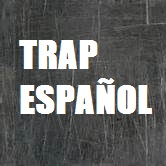 Spanish trap
Spanish trap Cumbia
Cumbia Rock Fest Barcelona
Rock Fest Barcelona
SUGGESTED PLAYLISTS

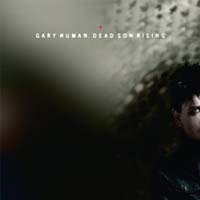
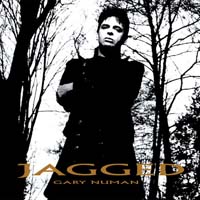
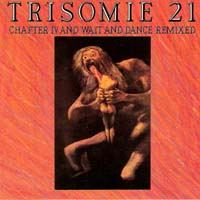
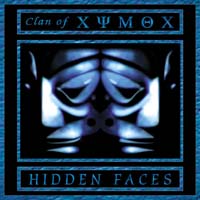
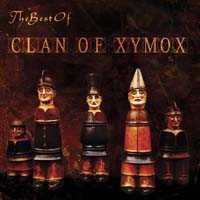
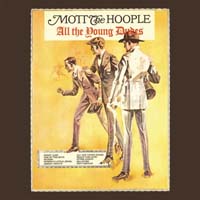


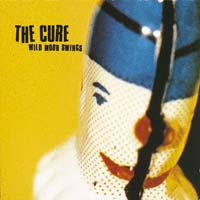



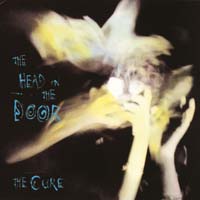


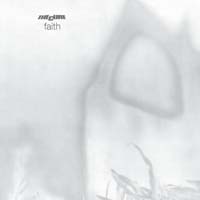
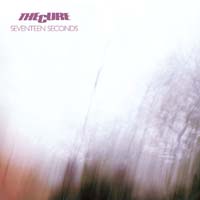
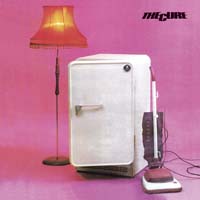

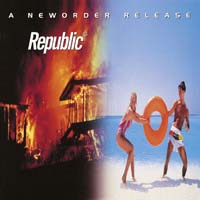
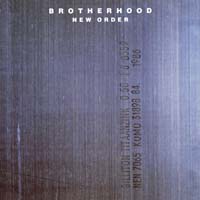
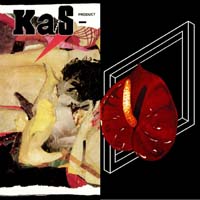
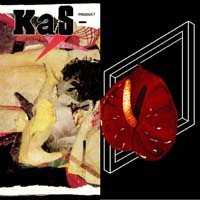
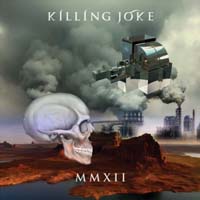
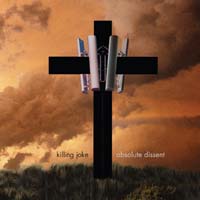
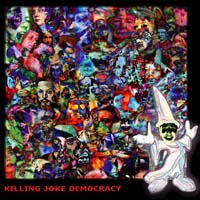
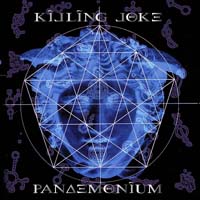

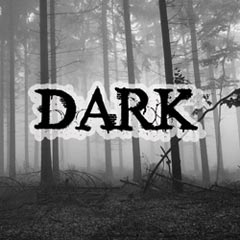
 The very best of rap metal
The very best of rap metal The Songs of Girls5eva, serie tv soundtrack
The Songs of Girls5eva, serie tv soundtrack The very best of reggaeton
The very best of reggaeton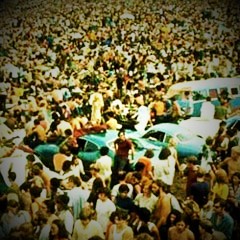 The rejected invites of Woodstock
The rejected invites of Woodstock The very best of boogie-woogie
The very best of boogie-woogie The very best of dembow
The very best of dembow The very best of soundtrack
The very best of soundtrack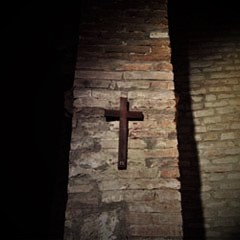 Finding God in music
Finding God in music Old skool hip hop
Old skool hip hop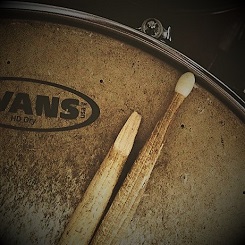 Greatest rock drummers
Greatest rock drummers